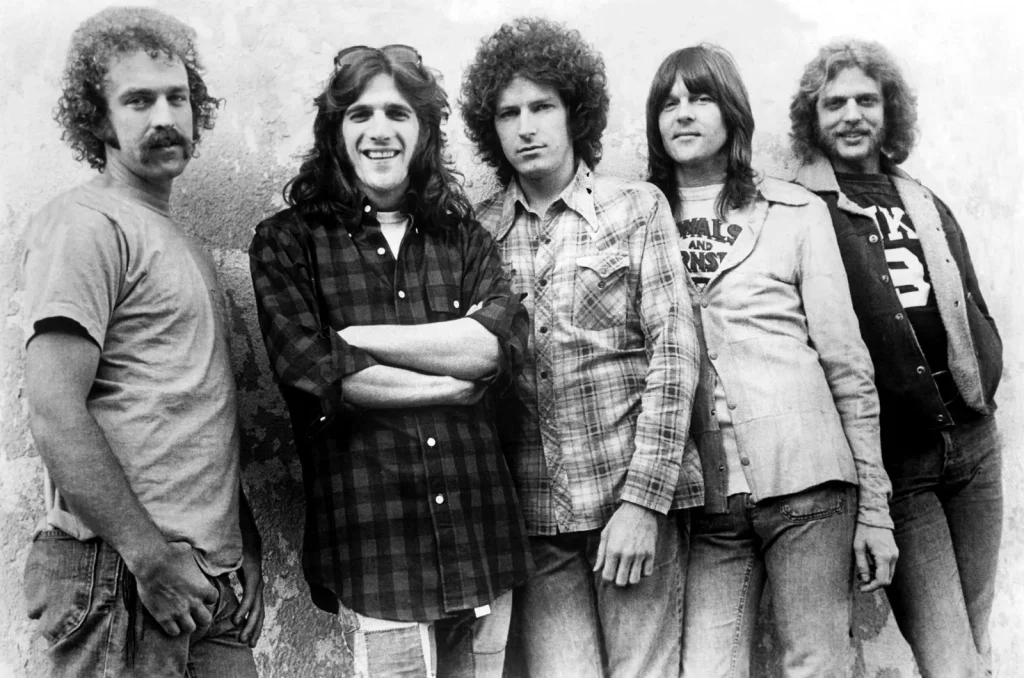Joining the Eagles was far from a walk in the park. Despite their songs painting a picture of leisurely days under the Los Angeles sun, the reality of producing those iconic records was anything but. Tensions flared among the band members, leading to a growing bitterness within the group.
During the early days of laying down tracks for their significant hits, Don Henley recalls the dissatisfaction some musicians had with him in the studio.
Henley’s approach to music was unorthodox. Eschewing formal music theory, he preferred a more intuitive engagement with music. Although he had taken a music class in college, his passion leaned more towards English, leading him to forgo musical education in favor of exploring literature.
Upon moving to Los Angeles, Henley discovered the synergy of collaborating with Glenn Frey on the Eagles’ initial albums. Unlike the classical compositions he was accustomed to in academia, Henley found that a few simple chords and a catchy melody were sufficient for crafting hits like ‘Witchy Woman’.
As the band geared up for their next album, Henley aimed to dive deeper than the surface-level appeal of their debut. The creation of ‘Desperado’, a cornerstone for their concept album revolving around outlaws, marked a pivotal moment for Henley, who envisioned the track as a somber, country-style ballad needing a full orchestral arrangement.
Presenting this idea to producer Glyn Johns was one thing, but convincing the session musicians, particularly those from the classical realm, was another challenge altogether. Henley remembered the chilling reception from the classical musicians during the recording session, sharing with Howard Stern how intimidated he felt by the London Philharmonic Orchestra’s aloof demeanor, with musicians passing the time playing chess between takes, seemingly disinterested in the project.
Despite the underwhelming enthusiasm from the orchestra and enduring their subtle jabs—remarks that hinted at their prestigious backgrounds possibly including collaborations with legends like The Beatles—Henley persevered, committed to his vision for ‘Desperado’.
The recording wrapped up within hours, yet Henley later expressed a desire to re-record the track, aiming to deliver a performance unmarred by the initial tension and nerves. Although the classical musicians might have viewed ‘Desperado’ as a simple task, Henley’s rendition carried an authenticity and emotional depth that few could replicate, solidifying its place as a timeless piece in the Eagles’ discography.

